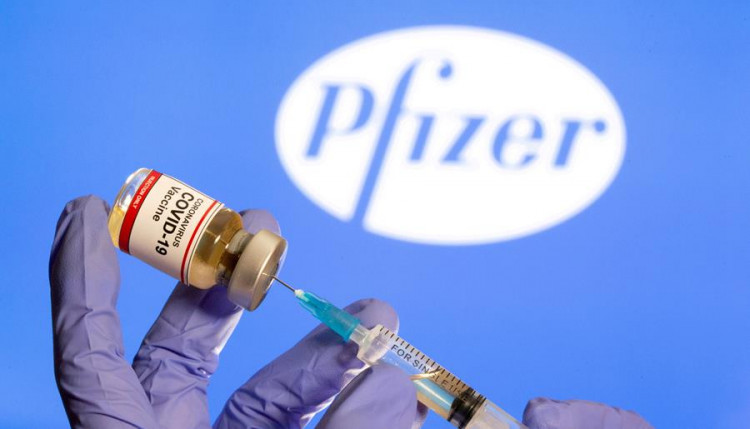The Centers for Disease Control and Prevention (CDC) has updated its recommendations regarding COVID-19 vaccinations for certain groups, specifically encouraging older adults and those with compromised immune systems to receive an additional dose of the 2024-2025 vaccine. This new guidance, released on Wednesday, comes amid growing concerns about a potential surge of the virus during the upcoming fall and winter seasons.
According to the CDC, people aged 65 and older, as well as individuals who are immunocompromised, should receive a second dose of this year's COVID-19 vaccine six months after their initial shot. This second dose is designed to boost immunity, especially for those at higher risk of severe illness. The updated vaccine has been developed to target the KP.2 variant of the SARS-CoV-2 virus, providing broader protection against the latest strains circulating in the population.
CDC Director Dr. Mandy Cohen emphasized the importance of these recommendations, stating that they "allow people to make the best decisions possible to keep themselves and their loved ones safe from COVID-19." She added that the updated vaccines offer significant protection, especially as colder months approach, when respiratory illnesses tend to spike.
The Food and Drug Administration (FDA) had previously approved updated COVID-19 vaccines from Pfizer and Moderna in August for the 2024 fall season. This was part of an annual effort by the FDA and global health authorities to keep vaccines current with emerging variants. Medical experts say the updated shots will not only provide targeted protection against the KP.2 variant but also offer broader defense against other recent strains of the virus.
The CDC's recommendation for second doses applies primarily to those aged 65 and older, as well as individuals with weakened immune systems. For those who are moderately or severely immunocompromised, additional doses beyond the second shot may be recommended. In such cases, health officials advise patients to consult with their healthcare providers to determine the most appropriate vaccination schedule based on their specific health conditions.
Despite the CDC's ongoing efforts to encourage vaccinations, public reception has been mixed. A survey conducted by Ohio State Wexner Medical Center last month revealed that less than half of Americans were planning to receive their COVID-19 or flu shots this season. This level of vaccine hesitancy could pose challenges in controlling the spread of the virus, particularly among vulnerable populations.
"Data continues to confirm the importance of vaccination to protect those most at risk for severe outcomes of COVID-19," the CDC noted in its latest statement. The agency highlighted that the new vaccines can "restore and enhance protection against the virus variants currently responsible for most infections and hospitalizations in the United States."
One of the most critical benefits of vaccination, according to the CDC, is its ability to reduce the risk of Long COVID, a condition that causes prolonged symptoms following a COVID-19 infection. By bolstering the immune response, the vaccine is seen as a key tool in preventing both acute illness and the long-term complications that can arise after the virus has run its course.
While the new vaccines are not a perfect match for all of the latest variants, experts have noted their strong effectiveness. Dr. Dean Blumberg, chief of pediatric infectious diseases at UC Davis Health, explained that the updated vaccines are approximately 80% aligned with current variants, offering much stronger protection than previous versions.
As the country enters another virus season, the CDC is urging all Americans aged six months and older to receive the 2024-2025 COVID-19 vaccine. The agency remains hopeful that widespread vaccination will keep hospitalization rates manageable and prevent a repeat of the overwhelming surges seen earlier in the pandemic.






